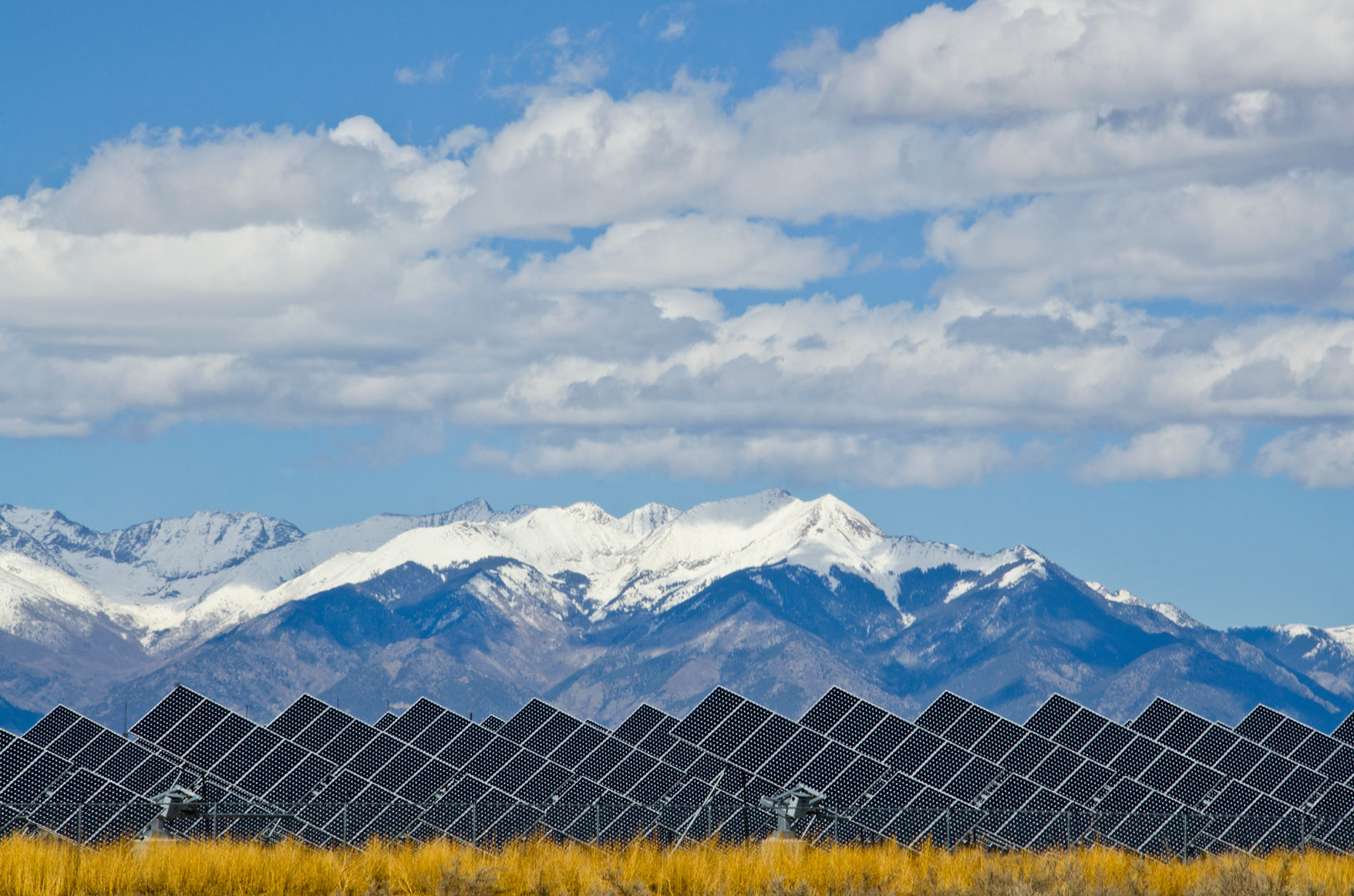Debunking Common Myths About Solar Energy in Colorado
Introduction to Solar Energy Myths
Solar energy is rapidly gaining popularity as a clean and sustainable energy source. However, despite its growing adoption in places like Colorado, several myths and misconceptions persist. Addressing these myths is crucial for individuals considering solar energy as a viable option. In this post, we'll debunk some common myths about solar energy in Colorado.
Myth 1: Solar Panels Don't Work in Cold or Cloudy Climates
Many people believe that solar panels are ineffective in cold or cloudy environments. In reality, solar panels can function efficiently even in less sunny climates. Colorado, in particular, is known for its high altitude and abundant sunshine, even during the winter months. Moreover, solar panels are designed to absorb various light spectrums, ensuring they work effectively even on overcast days.

Myth 2: Solar Energy Is Too Expensive
Another common misconception is that solar energy is prohibitively expensive. While the initial investment for solar panel installation can be significant, it's important to consider the long-term savings on electricity bills. Additionally, Colorado offers various incentives and tax credits that can reduce the overall cost of solar installations. Over time, these savings can offset the initial expenditure, making solar energy an economically viable option.
Myth 3: Solar Panels Require Constant Maintenance
Some people hesitate to invest in solar energy due to concerns about maintenance. In truth, solar panels are relatively low-maintenance. They have no moving parts and are designed to withstand harsh weather conditions. Regular cleaning and occasional professional inspections are typically sufficient to keep them operating efficiently.

Myth 4: Solar Energy Isn't Reliable
Reliability is a frequent concern for potential solar energy users. However, solar technology has advanced significantly over the years, improving efficiency and reliability. Modern solar systems often include battery storage solutions, which allow users to store excess energy generated during sunny periods for use during nighttime or cloudy days. This ensures a consistent power supply.
Conclusion: Embracing Solar Energy in Colorado
As we've seen, many myths about solar energy do not hold up under scrutiny. With Colorado's favorable climate and supportive policies, adopting solar energy is a practical choice for many residents. By understanding and addressing these misconceptions, more individuals can make informed decisions about harnessing the power of the sun.

Overall, debunking these myths helps to pave the way for a greener future in Colorado and beyond. Embracing solar energy can lead to substantial environmental and financial benefits, making it an excellent choice for those looking to contribute to a sustainable future.